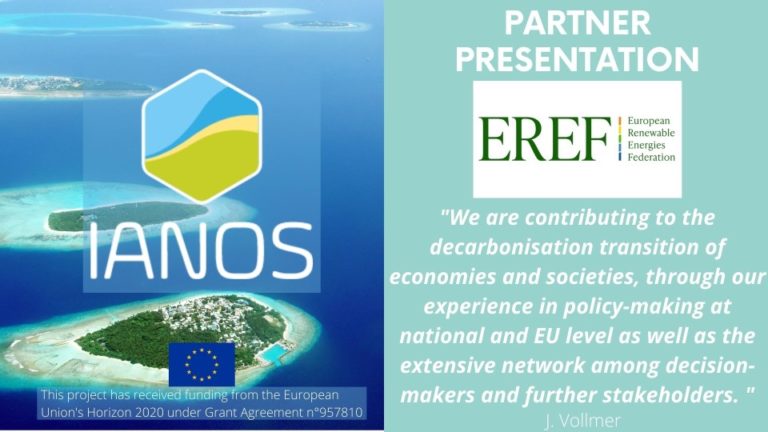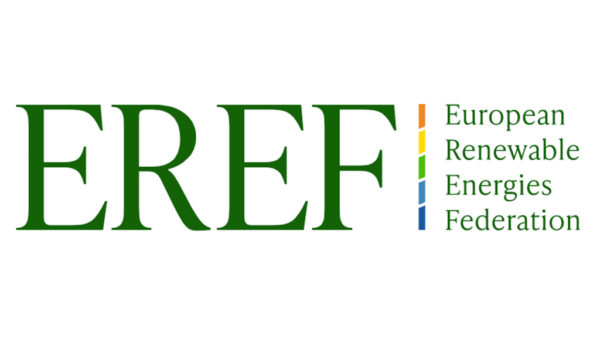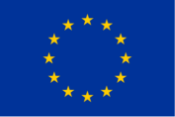Home » IANOS partners’ presentation: EREF
DISCOVERING EREF
Project partner interview to the IANOS partner, Johannes Vollmer, from EREF

What is your organisation’s role?
EREF’ role in IANOS is threefold – first, we contribute to the stakeholder and citizens engagement work stream and will develop in this context a community engagement toolbox, and will produce, at a later stage of IANOS, national policy papers and workshops. Second, EREF is facilitating the dissemination of the project output, in particular among EU policy-makers and the Brussels based climate action and energy stakeholder community. And third, EREF is part of the BRIDGE initiative which is linking a range of Horizon projects, in order to detect synergies and share substance that is relevant to the partners involved – which in this case is the development of stakeholder engagement strategies.
How is your organisation contributing to achieve IANOS’ goals?
We are, in our capacity of being the EU’s umbrella organization for national renewable energy association, contributing to the transition to decarbonized economies and societies, through our extensive experience in policy-making at national and EU level as well as the extensive network among decision-makers and further stakeholders. EREF has been involved in designing climate and energy policies since the early 1990s and been driving the policy development and implementation process of decarbonizing our energy, mobility, heating and industry sectors. This expertise is feeding into the project activities – such as stakeholder engagement, policy work, dissemination – that will help identify and inform about climate-neutral solutions that will help the decarbonisation and smartification of islands.
How does IANOS relate with you and your team’s background and interests?
With my ten years of experience in EU energy and climate policy-making, in particular related to topics such as energy networks, system integration, storage, digitalization and smart grids, the IANOS decarbonisation plans and its technological components much relate to the background and interests that are represented in EREF. This further includes, next to our purpose to promote the benefits of deploying renewables from all sources, recent work on the frameworks and legal provisions in the “Clean Energy for All Europeans Package”, as well as negotiations that are currently taking place under the Green Deal, in particular on the “Fit for 55%” proposals – which are, in many parts, all related to the further decarbonisation of our energy systems and markets.
What are the main challenges that you expect to face in the project? How can it become an opportunity?
One of the main challenges is the restriction of having physical meetings and live events. In particular for the stakeholder engagement work stream, at local (island) level, is substantially impacted by the COVID-19 pandemic. Yet, it becomes an opportunity to design better online formats that can take place more often and allow for much higher participation, as interested parties do not have to undertake the effort and travel across Europe. Also, a “virtual” project implementation helps saving on CO2 emission and contributes in general to a more resource-efficient behavior.
What positive impacts will the projects have once completed?
Ideally, the project will create decarbonisation plans that can be applied by other geographical islands than those present in IANOS. Even more so, lessons learnt could be used to develop solutions for “energy islands” as such, i.e. self-sufficient and autonomous systems that are based a 100% on renewables and that can provide citizens with clean energy, without any big centralized power generation units that are running on nuclear nor fossil fuels.


